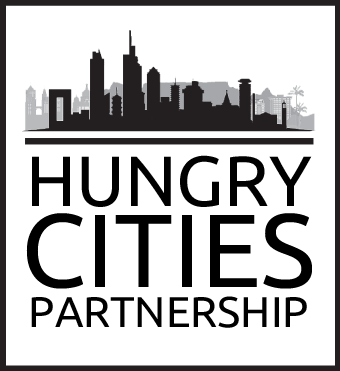Document Type
Hungry Cities Report
Publication Date
2019
Department
Balsillie School of International Affairs
Abstract
This report presents and analyzes the findings of a household food security survey conducted by the IIHS and the Hungry Cities Partnership in Bangalore, India, from April to September 2016. Surie and Sami (2017) provide essential contextual background for this report on Bangalore’s history, demography, economy, and changing food system. This report describes the survey and presents and discusses its findings. It then analyzes the food security situation and food system functions in Bangalore. The report thus provides solid background information for future research on Bangalore’s food system and lays the foundation for comparative studies with the other cities of the Hungry Cities Partnership project.
The report first provides an overview of the sampling strategies for the city-wide household survey in Bangalore. It then profiles the surveyed households in terms of their demographic characteristics, economic data, livelihoods and occupations, poverty indicators, and use of social grants. The following section discusses the prevalence of food insecurity in Bangalore using various food insecurity measurements. It also explores the factors affecting food security, the impact of food price changes on food accessibility, and the relationship between food security and household characteristics. The report then examines Bangalore’s food system through people’s usage of various food sources, what foods they buy, and how they perceive supermarkets and urban agriculture.
Recommended Citation
Koduganti, Jyothi; Adelina, Charrlotte; JS, Mohanraju; and Anand, Shriya, "No. 14: The State of Household Food Security in Bangalore, India" (2019). Hungry Cities Partnership. 38.
https://scholars.wlu.ca/hcp/38
Included in
Food Studies Commons, Human Geography Commons, Politics and Social Change Commons, Urban Studies and Planning Commons


